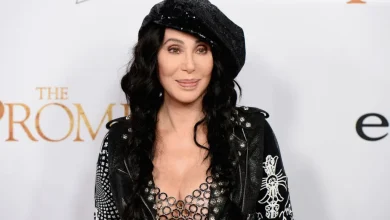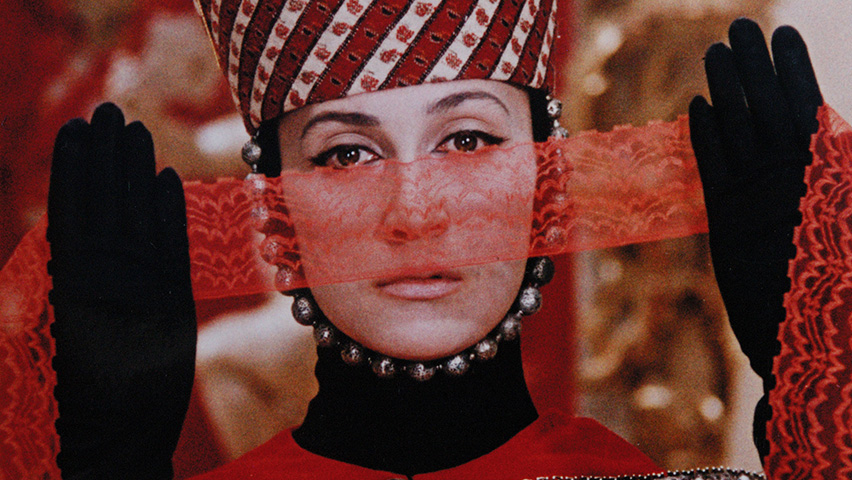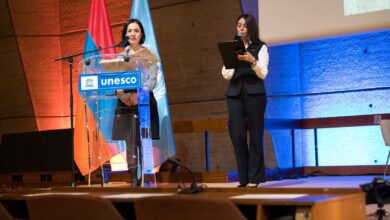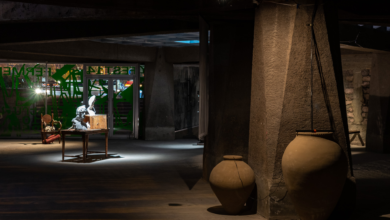Armenia-Turkey Cinema Platform fosters dialogue through film
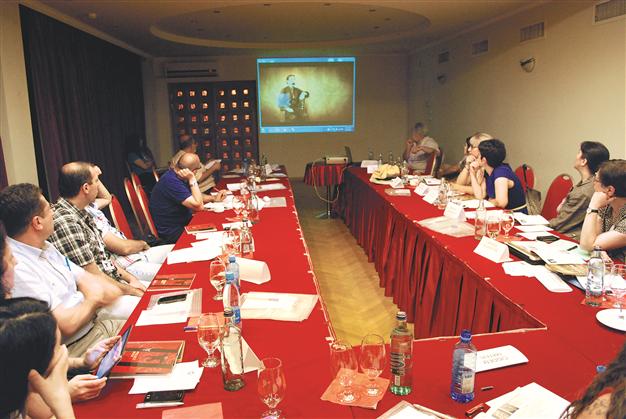
“We are people from Turkey and Armenia whose common ground is cinema. We love cinema. Not only do we love cinema, we also believe in the power of cinema to heal, reconcile and make peace.” So begins the manifesto for the Armenia-Turkey Cinema Platform (ATCP), bringing together filmmakers from Armenia and Turkey, as well as the diaspora in Turkey, for seven years now, the Hurriyet Daily News reports.
“We believe that cinema can help us say things we were not able to for decades, and help us get to know one another. Not only do we believe, we also act on it!” The ATCP has been acting on the power of cinema for reconciliation and dialogue. “The Armenia-Turkey Cinema Platform will meet for the 13th and 14th time this year,” Çiğdem Mater, film producer and the Turkey coordinator of the Armenia-Turkey Cinema Platform, told the Hürriyet Daily News.
The ATCP holds two workshops every year, one in Yerevan and another in Istanbul to provide opportunities for joint production with filmmakers from both countries. “ATCP has supported 16 films to date, and brought together around 400 filmmakers from both countries and the diaspora,” said Mater. “One common and the most important feature of the supported projects is that they are joint productions with filmmakers from both countries and the diaspora.”
The platform was brought to life by Anadolu Kültür, a civil initiative created to foster mutual dialogue through arts and culture, with the Golden Apricot Film Festival. The first activity of the platform was a workshop held in parallel to the Istanbul International Film Festival in 2008, “How the cinema deals with history.” A total of 20 young filmmakers from Turkey and Armenia came together for the workshop in Istanbul.
“Many of the films have been screened in major film festivals,” said Mater, citing some of them. Devrim Akkaya’s documentary “Diyar,” about a Turkish woman’s reconciliation with her history and that had its world premiere last year, is one of them. Acclaimed actress Derya Durmaz’s directorial debut, “Ziazan,” a short film about a 4-year-old Armenian girl secretly traveling across the border to Turkey in her uncle’s luggage, is another award-winner. Then there is Arthur Sukiasyan’s documentary “Our Atlantis,” about an Armenian camp in Istanbul, built by orphans in the 1960s.
Dialogue between Turkish and Armenian communities
“For us, what we value the most about the ATCP is its role in facilitating platforms for dialogue and debate. We held meetings in universities in various cities in Turkey with filmmakers from both countries and the diaspora in 2014. We had discussions on the events of 1915 and the Armenian Genocide through our films. These discussions were enlightening for all of us. It was delightful to see how open-minded the students and academics were,” said Mater.
“Recent years have seen an unprecedented enthusiasm for dialogue between Turkish and Armenian communities among civil society, which was sadly kick-started by the murder of Hrant Dink, the Turkish-Armenian journalist and editor-in-chief, in 2007,” said Mater. “Each civil initiative taken by Turkey, Armenia, and the diaspora communities are invaluable. All of us owe a great deal to Hrant Dink. His loss opened a door. And all of us, Turks, Kurds, Armenians, have to walk through that door.”
The ATCP recently opened a new call for film projects for its 14th workshop on July 13-14 during Golden Apricot International Film Festival in Yerevan. Filmmakers from Turkey, Armenia and the diaspora are welcome to apply to the workshop where five projects from both countries will engage in trainings, presentations, one-to-one meetings, and project pitches. Selected applicants will present their project to an international jury for a $10,000 award, with the support of the Black Sea Trust and A Project of the German Marshall Fund of the United States. The deadline for applications is June 10.
What’s next for the Armenia-Turkey Cinema Platform? “The next step for the ATCP is to continue with the screenings and meetings in Turkey, as well as screenings and panels in cities across the world where the numbers of Turkish and Armenian diaspora are high,” said Mater. “Through these meetings, we are getting closer to one another, getting to know one another and with it the inevitable, the progress.”


